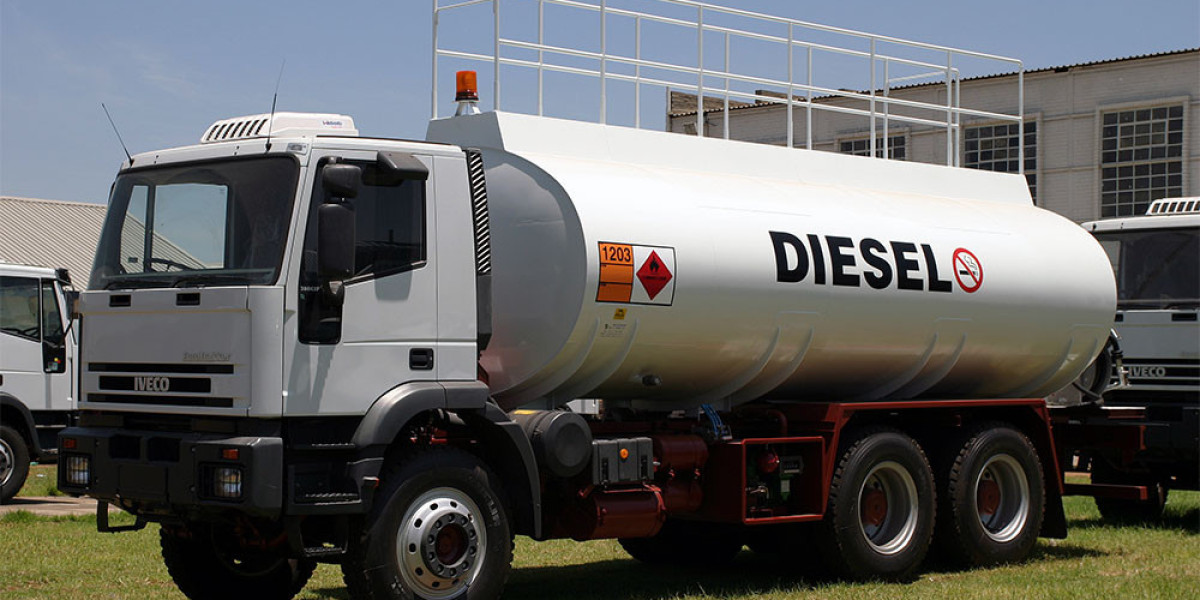Dubai is a global energy hub. With its bustling ports, large industrial base, marine operations, and transport demands, there’s a constant need for high-quality fuel oil. But not all companies are the same. When you search for the best fuel oil trading company in Dubai, you want more than just someone who sells fuel—you want a partner who delivers reliability, quality, safety, and cost-efficiency.
Key Features of a Top Fuel Oil Trading Company in Dubai
Product Quality and Standards
The best companies ensure their fuel oil meets international and UAE regulatory standards. Low sulphur content, clean refining, proper blending, and consistency are vital.
They use reliable testing and lab certifications so you can trust what you’re buying.
Reliable Supply and Distribution
A strong company maintains good storage capacity, tanker fleet or logistics arrangements, and can deliver across the UAE (Dubai, Abu Dhabi, Sharjah, etc.).
They manage supply chain risks: delays, port congestion, fuel quality degradation etc.
Transparent and Competitive Pricing
The best companies are clear about pricing—no hidden fees.
They often offer bulk contracts, flexible delivery schedules, and competitive rates so that large users or repeat customers get better value.
Customer Service and Support
If issues arise (e.g. late delivery, quality concerns), good firms respond quickly.
They provide strong communication, contracts and documentation, often with 24/7 support especially for industrial, marine, or emergency needs.
Safety, Compliance & Environmental Responsibility
Safety in handling, storage, and transport is non-negotiable—regulatory approvals, correct environmental practices, insurance etc.
Many leading firms are also moving toward cleaner fuel options, or providing fuel oil that meets stricter environmental norms (lower pollutants, etc.).
Examples of Strong Fuel Oil / Diesel Supply Players in Dubai
To illustrate what makes a strong fuel oil trader, here are a few companies in Dubai / UAE known for good reputations:
GEC Trading LLC ‒ Known for refined oil and diesel trading, and flexible delivery options. gecommodities.com
Jupiter Petroleum Trading LLC ‒ Offers a broad product portfolio (diesel, fuel oil, HSFO/LSFO, bunkering) with a focus on reliability and service. jupiterpetroleum.com
Al Faraji Oil Trading Company ‒ Long-standing supplier providing fuel oil, furnace oil, kerosene etc., with strong customer reviews and ISO quality systems. alfarajioil.com
MAK Fuel Trading LLC ‒ Operates across Emirates supplying fuel and related petroleum products, with own storage and logistics infrastructure. makfueltrading.com
These companies show what it means to combine quality fuel, reliable logistics, service, and regulatory compliance.
How to Evaluate and Choose the Best Supplier for Your Needs
If you are a business — whether marine, transport, industrial, construction — here are steps to pick the best fuel oil trading company:
Define Your Requirements: How much fuel you need, what grade/quality, how often, which locations, delivery conditions, etc.
Check Certifications & Compliance: Ask for test reports, safety standards, environmental licenses.
Inspect Delivery Infrastructure: Storage tanks, transport fleet, ability to deliver on time.
Review Customer References: Speak to other customers; check online reviews for delivery reliability, responsiveness.
Negotiate Contracts: With terms about quality assurance, penalties for delays, flexible delivery schedules, and pricing transparency.
Consider Sustainability Factors: If your business is under pressure to reduce emissions or follow environmental regulations, supplier’s fuel specs and environmental practices matter.
Why Choosing Well Pays Off
Fewer operational delays
Lower risk of engine or machine damage from poor quality fuel
Better cost management and budgeting
Smoother regulatory compliance
Improved reputation (e.g. marine or transport customers often care about environmental footprint)
Conclusion
The difference between just “a fuel oil trader” and the best fuel oil trading company in Dubai shows up in consistency, reliability, safety, and customer focus. For businesses, aligning with a supplier that hits all these marks can reduce risk, improve operational efficiency, and provide long-term cost stability.








